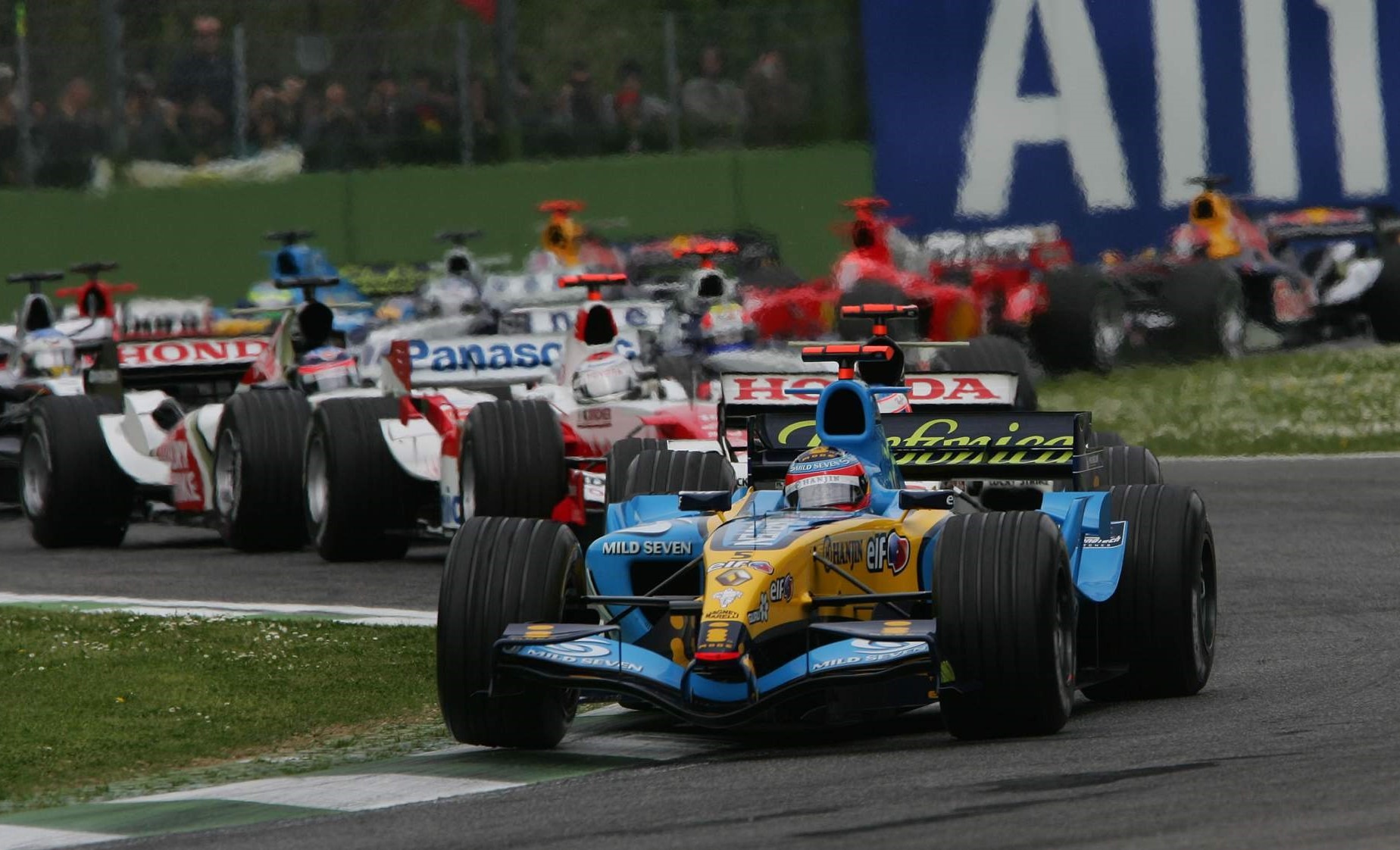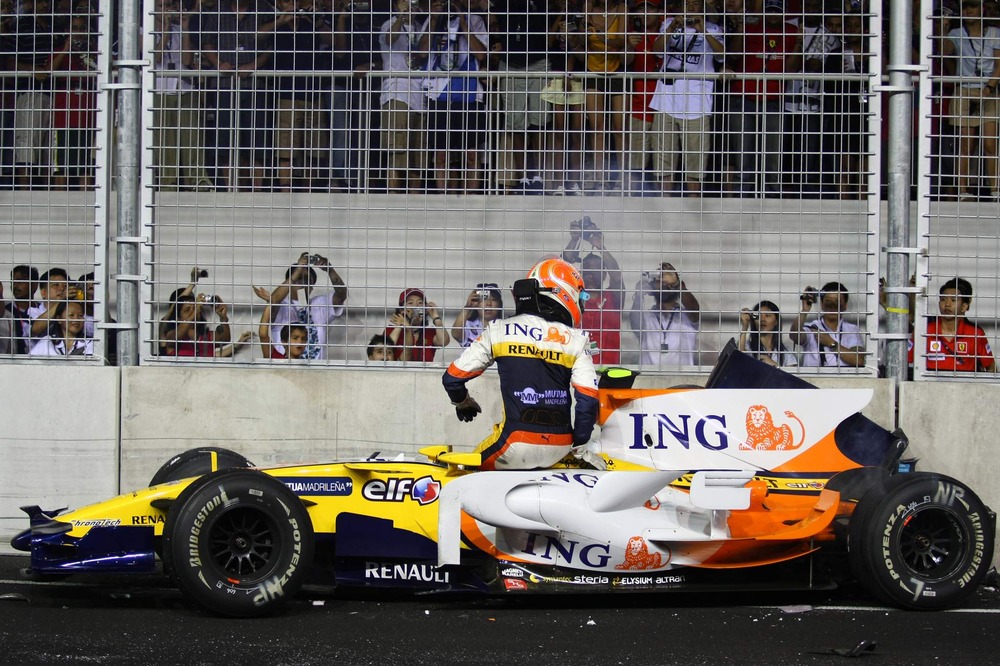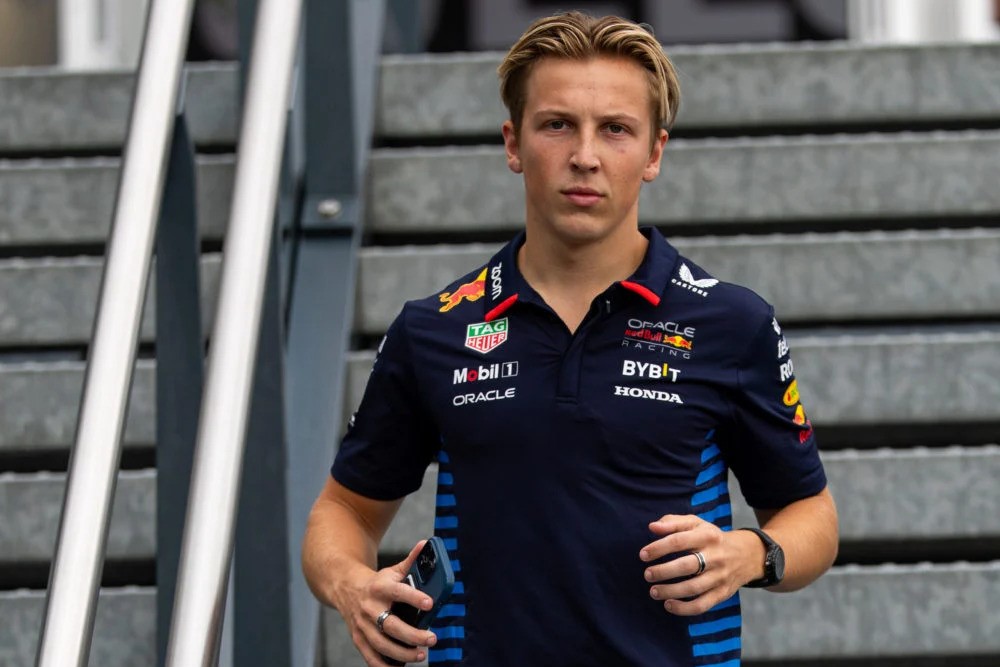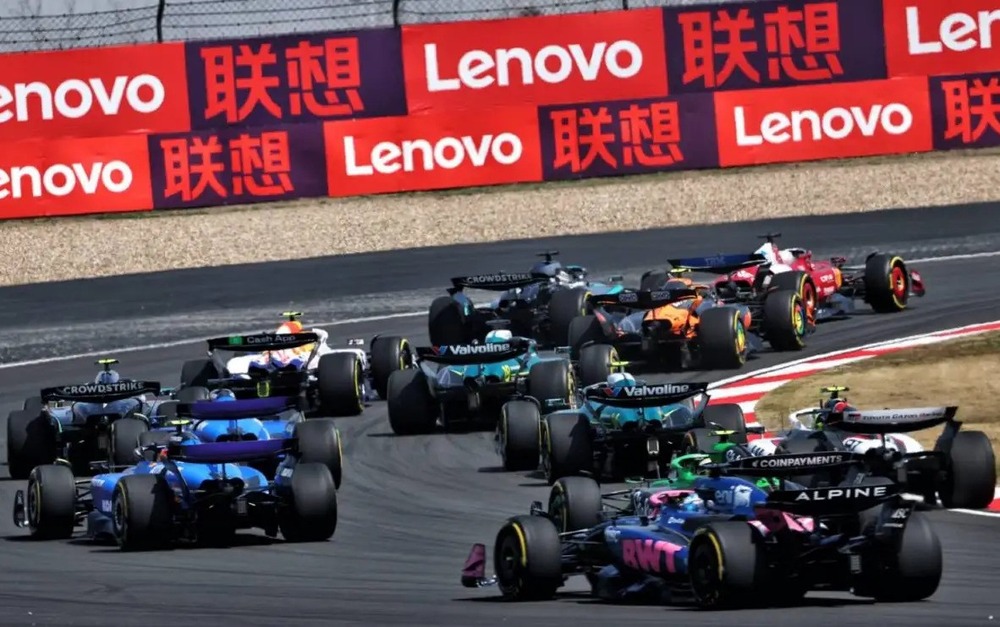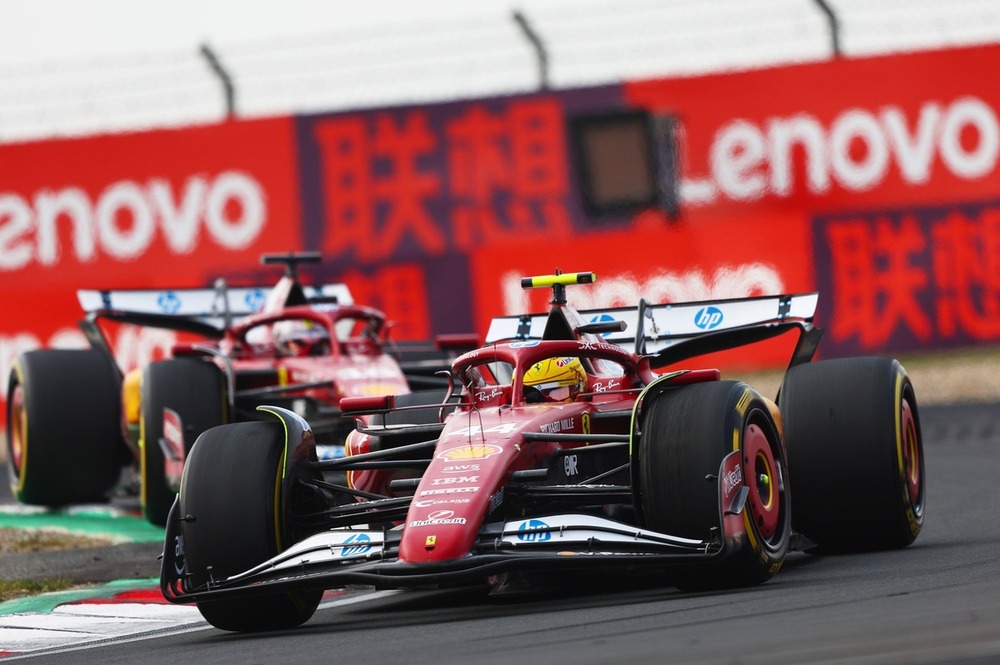The sound of Formula 1 racing will once more prove to be music to the ears of the sport’s fans when Formula 1 unveils its next generation power units in 2026, according to F1 CEO Stefano Domenicali.
The appeal of Formula 1 has always been significantly influenced by sound.
Fans had a deeply felt experience that evoked excitement and adrenaline thanks to the previous generation of dynamic engines in the Formula One series, which were distinguished by a symphony of high-pitched combustion engines.
The ear-splitting noise served as a potent metaphor for the unbridled force and ferocity of Formula 1 racing. It enhanced the excitement of watching cutting-edge machinery in operation by bringing a thrilling new dimension to the spectator experience.
Unfortunately, the introduction of the turbo-hybrid engine in 2014 muddled the audio experience and reduced the sense of connection among the fans.
In line with F1’s net aero carbon goals, the sport’s next-generation engine will continue to be a turbo-hybrid system that incorporates more electrification and 100% sustainable fuels. However, Domenciali asserts that the F1 engine of the future won’t run at a lower volume.
“No, very clearly, no,” Domenicali told the Australian radio station 3AW. “We need to have a different sound. It’s music for my ears. It’s true that we had the 12 cylinders, it was a different frequency, very loud and then 10, eight, six… It’s not [going] again down.
“It’s just the situation is different. Of course we need to be hybrid, we’re going to be hybrid for the future.
“But the intention is to make sure in the new regulation the engine [noise] itself will be higher because that’s part of our emotion.
“It is really what our fans want to hear and that’s the duty for us to commit to that.”
Grands prix have become quieter events as a result of the introduction of the current 1.6-litre V6 turbos, which took the place of the previous 2.4-litre V8 normally aspirated engines in 2014. The new engines’ reduced size, a steep reduction in the maximum rev limit, and increased utilization of kinetic and thermal generators for energy recovery all contributed to the volume reduction.
New engine regulations have been settled upon by the Formula One governing body and will take effect from the 2026 campaign. The new regulations according to Domenicali, will restore some of the missing sounds.
The Italian brushed off the idea that Formula 1 might one day convert to an all electric and silent sport when asked about the possibilities.
“I don’t think so,” he said. “Formula 1 is not electric. As you know, there is another one [series] that has taken that direction.
“Electrification is a choice of mobility that has to go in that direction. But the mobility world and the mobility landscape will follow different directions.
“We have taken the direction of using for the future sustainable fuels with hybrid engines.
“That’s where we believe we’re going to stay for many, many years.”
The current V6 turbos will remain in place under the new regulations, which were agreed upon for 2026. The MGU-K will recover more kinetic energy, but the MGU-H will no longer acquire thermal energy.
“The noise is part of the emotion,” said Red Bull team principal Christian Horner earlier this year. “It’s part of the DNA of the sport.
“It’s funny how you get used to things because the V6s with the energy recovery systems they currently have are much quieter than the old V10s and V12s or even the V8s.
“So now when we roll out a show car and you hear a V10 or a V8 engine, all the mechanics put their tools down to go and watch the car.”

